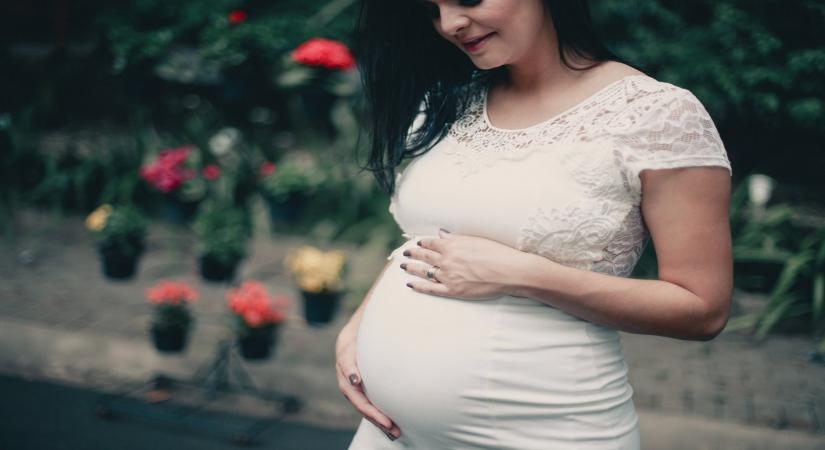An estimated 1.7 billion people have at least one of the underlying health conditions that could increase their risk of severe Covid-19 if infected, according to a global study, published in The Lancet Global Health journal.
“We hope our estimates will provide useful starting points for designing measures to protect those at increased risk of severe disease,” said study researcher Andrew Clark from the London School of Hygiene & Tropical Medicine (LSHTM) in the UK.
“This might involve advising people with underlying conditions to adopt social distancing measures appropriate to their level of risk, or prioritising them for vaccination in the future,” Clark added.
The researchers estimated that four per cent of the world’s population (349 million of 7.8 billion people) would require hospitalisation if infected, suggesting that the increased risk of severe Covid-19 could be quite modest for many with underlying conditions.The new study provides global, regional and national estimates for the number of people with underlying health conditions.
The research team caution that they focused on underlying chronic conditions and didn’t include other possible risk factors for Covid-19 that are not yet included in all guidelines, such as ethnicity and socioeconomic deprivation. Their estimates are therefore unlikely to be exhaustive but serve as a starting point for policy-makers.

The authors based their estimates on disease prevalence data from the Global Burden of Diseases, Injuries and Risk Factors Study (GBD) 2017, UN population estimates for 2020 and the list of underlying health conditions relevant to COVID-19, as defined by current guidelines. They analysed the number of people with an underlying condition by age group, sex and country for 188 countries.
To help determine the degree of increased risk, the researchers also provided separate estimates of the proportion of all people (with and without underlying conditions) who would require hospitalisation if infected. The authors calculated those at high risk using infection hospitalisation ratios for Covid-19 and made adjustments for differences between countries.
According to the study, globally, less than five per cent of people aged under 20 years, but more than 66 per cent of those aged 70 and above, have at least one underlying condition that could increase their risk of severe Covid-19.
Among the working-age population (15 to 64 years), 23 per cent are estimated to have at least one underlying condition. The authors estimated that 349 million people worldwide are at high risk of severe Covid-19, meaning they would require hospital treatment if infected.
This risk varies from less than one per cent of people under 20 to nearly 20 per cent of those aged 70 or older, rising to more than 25 per cent in males over 70.
The findings showed that in all age groups under 65, around twice the number of men as women would require hospitalisation. Above 65 years, the ratio becomes less marked because women are over-represented in older age groups due to longer life expectancy.









